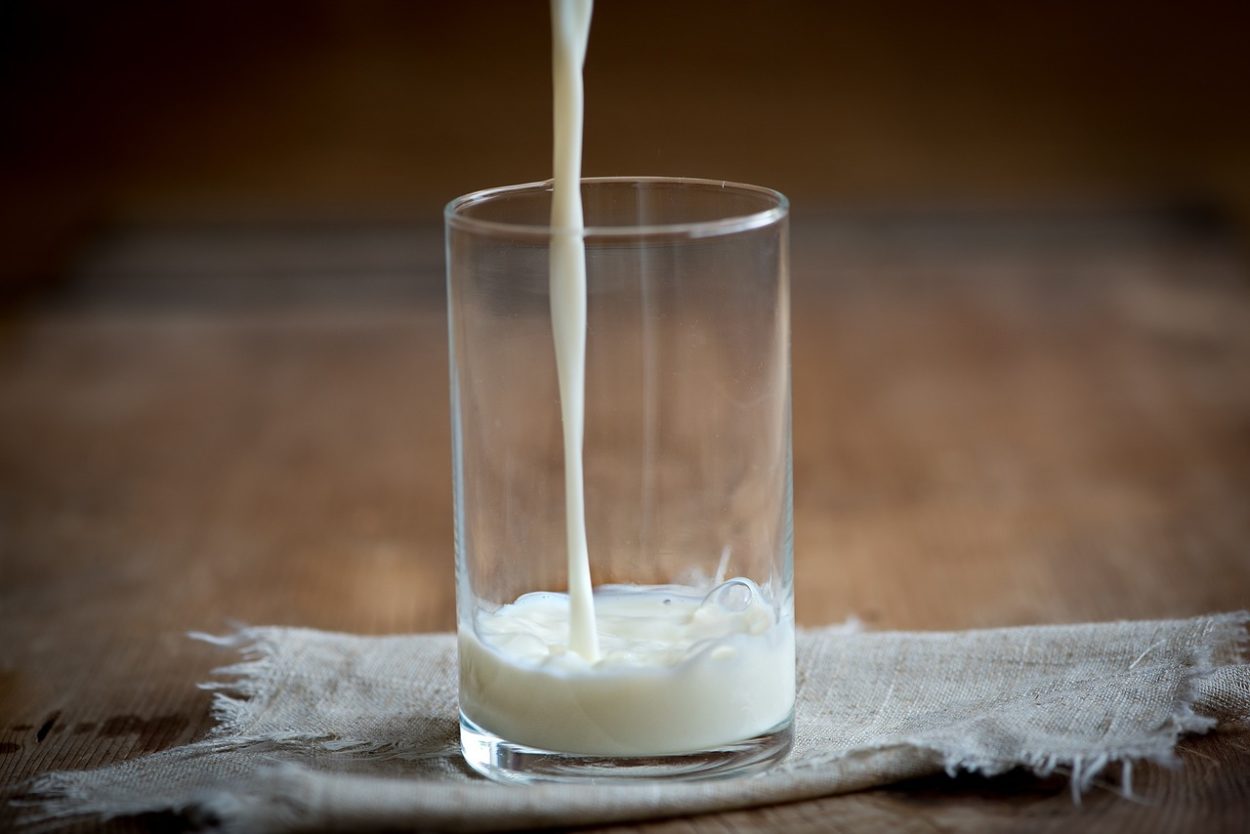SEARCH BLOG POSTS

Hormones In Food: Should You Worry?
While farmers are finding ways to increase milk production, speed up growth and improve the amount of eggs a hen lays, the public is actually left being Guinea pigs, to see if these changes in farming contaminate the food. Many people worry about hormones in food and the potential for antibiotic resistant bacteria because of the changes. There are ways to bring beef cows to full growth 20% faster and make salmon grow twice as fast. While some of the changes come from genetic engineering, some are from the use of growth hormones directly given to the animals. How does that affect the people that consume the meat or animal products?
What hormones are used on cows?
Recombinant bovine growth hormone—rBGH—is a synthetic hormone that increases milk production. Studies show that it has no negative effects on people, at least directly. It does increase the production of insulin-like growth factor—IGF-1—in people who drink the milk that contains it. That hormone mimics the actions of human growth factor, but also increases the risk for breast, prostate and other forms of cancer.
Are hormones in food the reason for an earlier onset of puberty?
Farmers make more money if the cattle is heavier, so sex hormones—primarily estrogen—are often given to the cattle to make them fat. It’s been done for well over fifty years. It’s given via an implant behind the ear to all beef cattle—unless the cattle is raised organically. Antibiotics are given to cattle, chickens and pigs to induce growth. Some scientists believe this may be part of the reason for the pattern of earlier onset of puberty, which is averaging seven months earlier than it did before the trend began.
Even more alarming are the results of the administration of rBGH on cows.
Cows given the hormone rBGH have a higher incidence of mastitis—infections of the udder. They then receive even more antibiotics to clear the infection. Does it add to the potential of antibiotic resistance bacteria? According to the FDA and food industry, you’re safe from all harm, whether it’s antibiotic resistant bacteria or as a result of cow hormones. Remember, the FDA is also the same bureau that said trans fats were good for you and still blame healthy fat for heart disease, rather than sugar.
- The changes in public opinion and demand for hormone, antibiotic free meat and animal products has reduced the use of rBGH dramatically.
- One article found in the Medical Hypotheses in 2009 stated that the potential for adverse effects may be delayed until adult years in children whose mother drank milk with rBGH when they were pregnant.
- Another study showed that the elevated levels of IG-1 in the blood increases the risk for diabetes and other diseases.
- There are no definitive studies to say these hormones are harmful, but there also are no studies to say they’re safe. If you want to avoid meat and animal products that are hormone free, check for labeling that says organic, “no rbGH” or “no rbST.”
